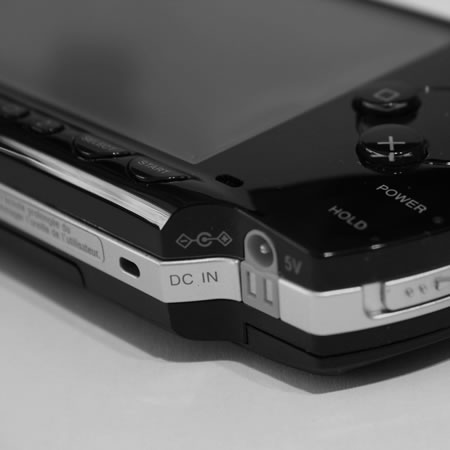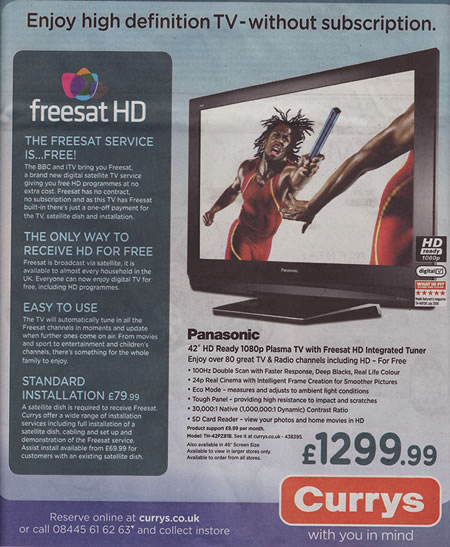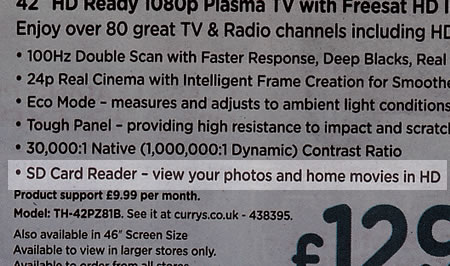Mike Short from O2 has given a very good presentation on the state of play of mobile technologies in UK (and across Europe) for his keynote here at mLearn 2008.
He gave some interesting statistics like in the UK population, 121% have a mobile phone. In Italy the figure is 154% whilst in France it’s only 83%.

I enjoyed the keynote, I may not agree with everything that Mike says in terms of the “future” but he does back up what he says about now with some good data from the GSMA.
Of course Mike is from business and though he talks about education and education possibilities, it was obvious to me that business and leisure are the main drivers when it comes to mobile data and mobile devices.
A question to ask is that if we want to move and embed mobile learning into the world of education, how do we work with major mobile data providers and mobile device manufacturers that we are serious about this. Overall our purchasing power (in the UK) must be huge. Is it because it is not the sector which is buying iPhones, but individuals and institutions, which means we have little influence as a sector on the mobile business.
Can we change that model?






